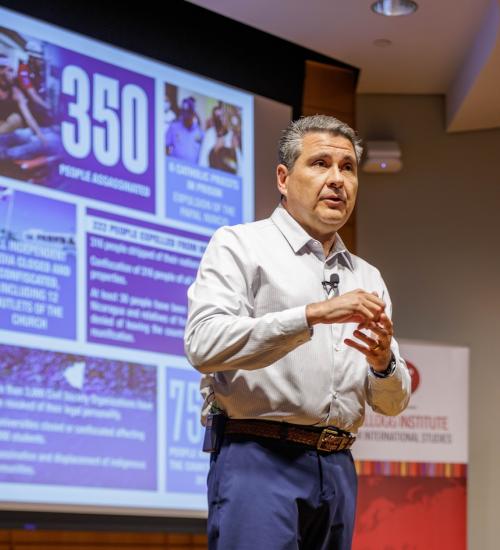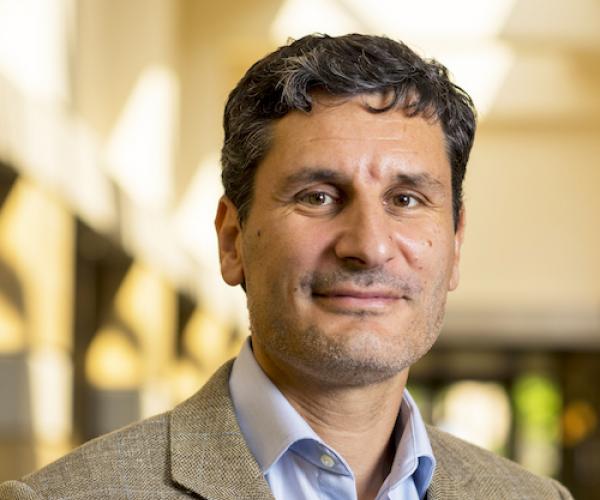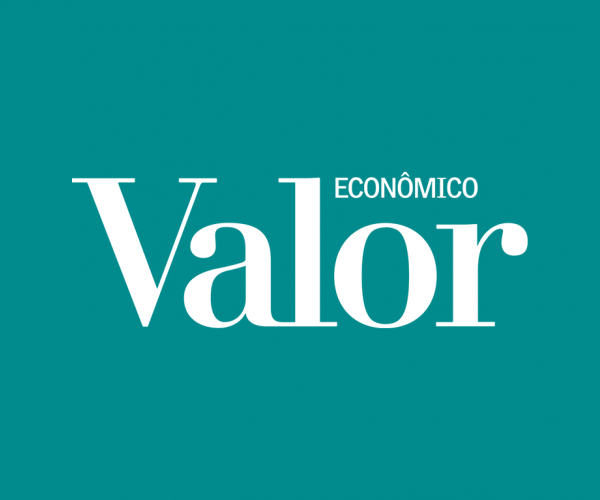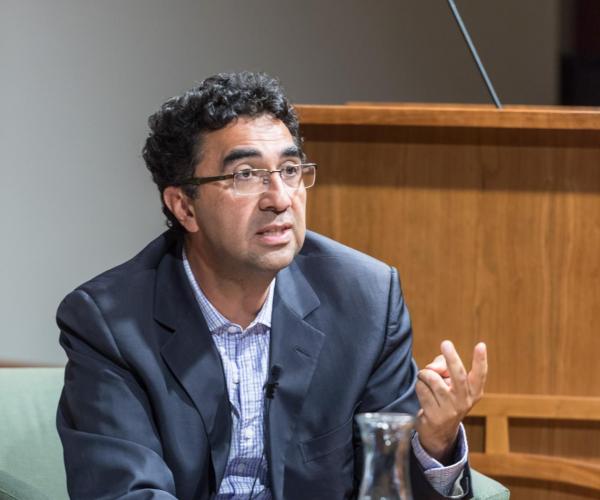
Hewlett Visiting Fellowship
The Kellogg Institute's Hewlett Visiting Fellowship for Public Policy supports nontraditional scholars; including practitioners, policy-makers, journalists, educators, artists, and activists - whose work has a demonstrable impact related to the Institute's core research theme of global democracy.








